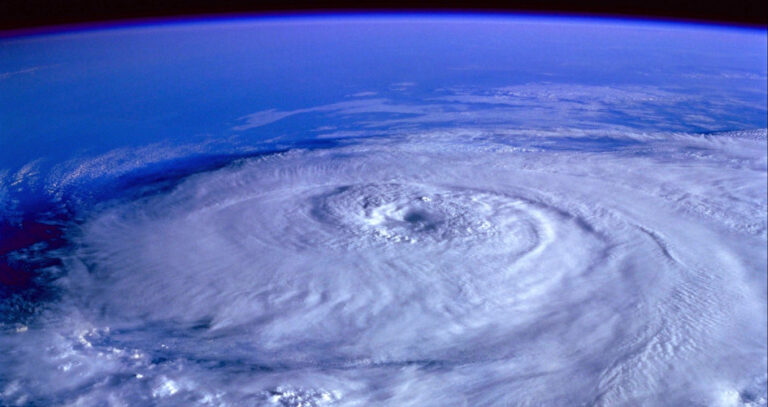The UN Climate Change Technology Executive Committee (TEC) has joined forces with the Group on Earth Observation (GEO), under the Early Warnings for All initiative, to help vulnerable countries use Earth observation technology.
The Early Warnings for All initiative was launched by the UN secretary-general and spearheaded by the World Meteorological Organization (WMO) and the United Nations Office for Disaster Risk Reduction (UNDRR). It aims to ensure that everyone on Earth is protected from hazardous weather, water and climate events through life-saving early warning systems by the end of 2027. A critical component of this ambitious global initiative is technology and innovation to improve disaster risk knowledge and information.
TEC and GEO, with input from other Early Warnings for All partners, including the Green Climate Fund and the Adaptation Fund, will develop a knowledge product highlighting technologies and tools that can improve disaster risk information-sharing for policymakers and climate project teams. This partnership is intended to strengthen adaptation and resilience efforts worldwide.
In November 2023, GEO held a GEO Week and Ministerial Summit in Cape Town, South Africa, where it endorsed a new strategy for its work beyond 2025 to better respond to the triple planetary crisis of climate change, biodiversity loss and pollution, as well as land degradation, deforestation and environmental disasters.
The new GEO strategy focuses on providing trusted ‘Earth intelligence for all’, including governments and multilateral environmental agreements such as the Paris Agreement, offering insights and solutions that can inform strategic climate decisions. UN Climate Change joined other stakeholders in welcoming the strategy and GEO’s commitment to facilitating equitable access to science-based Earth observation technology.
“A fundamental starting point for enhanced climate action is access to relevant and robust climate data,” said Ariesta Ningrum, technology manager at UN Climate Change. Sharing insights from the latest Nationally Determined Contributions (NDCs), which are national climate action plans, Ningrum highlighted that Earth observation technologies and services can be game-changers for raising ambition, accelerating climate action, mobilizing support and enhancing transparency in the implementation of the Paris Agreement.
Currently, about one in four countries have included technology for climate observation and early warning systems in their NDCs, mostly in the agriculture and water sectors. Looking at technology needs assessments by countries, about 12% of prioritized technology measures for adaptation relate to climate observation and early warning systems.
Lennox Gladden, a member of TEC, shared the experience of his home country, Belize. According to the Word Bank, Belize ranks eighth out of 167 countries facing climate risks. It suffers from frequent tropical storms and hurricanes, sea-level rise, floods, and extreme temperatures and drought, all causing economic, social and ecosystem losses. Access to robust disaster risk data is key for vulnerable countries like Belize to formulate evidence-based policy and adaptation actions, and to mobilize the required support for their implementation. Yet, according to UNDRR, disaster risk information is an area showing slow progress in global multi-hazard early warning coverage. The partners reported that the situation is even worse in least-developed countries and small-island developing states.
“The Early Warnings for All initiative is an example of global efforts to assist countries in ramping up climate action and support to protect the most vulnerable through life-saving early warning systems,” said Gladden.
For more key early warning systems updates from the meteorological technology industry, click here.



